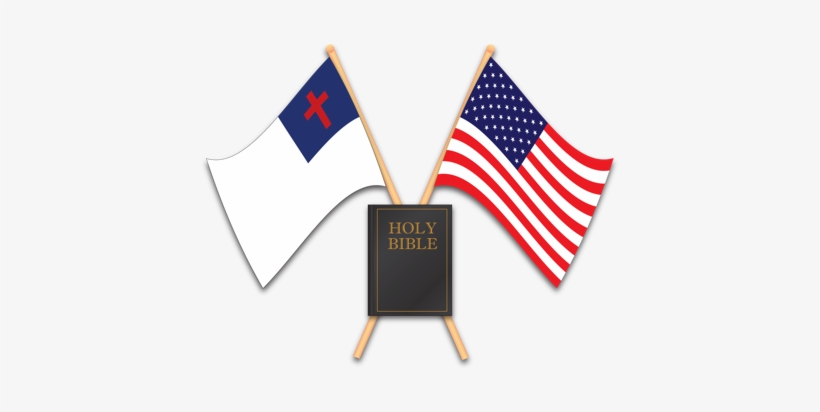** I'm not linking Candace Owen's video because I'm not going to promote what she said. You can Google it if you don't know what this is about. Instead, I'll include another perspective on it from Charity Croff because it's spot on and well-said. Charity Croff Instagram Vid**
One of the most powerful posts I saw today was from a friend. He shared about the first time a cop pulled a gun on him. He was a 19-year-old college student out for a drive. The police thought he stole it.
One of the most powerful posts I saw today was from a friend. He shared about the first time a cop pulled a gun on him. He was a 19-year-old college student out for a drive. The police thought he stole it.
My friend and I grew up in church together. I know the way
he carries himself. I know his parents well and that they taught him to respect
authority because his actions reflect God and his family. But none of that actually matters because
being respectable isn’t enough when you’re black.
As I scrolled through the comments, I read about more people
and their experiences surrounding the first time a police officer pointed a gun
at them. 24, 17, 15... It was heartbreaking,
and yet not surprising. Can you imagine if that were your son? If you knew that
in addition to all of the other dangers that he could face in this world, he
also has to worry about the danger that might come from “fitting a profile” or
“looking suspicious”? This isn’t a made-up fear. Did you know that my dad and
brother were jogging in our upper middle class neighborhood and someone called
the police on them because they looked suspicious? That incident could have
ended differently for them. Just ask Ahmaud Arbury.
I can’t address everything that was said in the video from Candace
Owens, but I will address one of the most discouraging parts. She cited the statistic that
black males make up 6% of the population and account for 44% of murders. Since
I obviously don’t support crime, this is upsetting. Nothing condones murder, and
to hear that about my own race upsets me more than it upsets you. But why is
the murder rate so high among this population of people? Could it be the
chronic poverty that has plagued black communities for centuries because of the
inequalities built into our laws? Could it have something to do with the lack
of educational opportunities and subsequent career opportunities that are
denied because of this chronic cycle of poverty? Is it that large populations
of black people live in urban spaces (which have higher rates of crime) where
less money is invested because of policies like redlining, which in turn
affects access to quality education and healthcare? Maybe it has something to
do with the lack of male role models in the community due largely in part to the
“tough on crime” laws that disproportionately affect the black population,
particular the black male population. And just maybe, none of this matters because her statistics are common ploys used in the dehumanization of Black people.
Just because Candace Owens is black and articulate and her
political center may align with yours does not mean she is an authority on this issue.
She is not. If she thinks these protests are about one man, about criminals being killed because they are not doing what they are
supposed to, if she can’t see the connection between George Floyd, Ahmaud
Arbury, Breonna Taylor, Atatiana Jefferson, Botham Jean, Sandra Bland, Tamir
Rice, Trayvon Martin, then she is wrong. Candace is smart. I think she can see
the connection between the names listed and many more not listed. She just
doesn't care. Just like the media is conveniently leaving out the supposed
“truth” about George Floyd’s criminal history, Candace is conveniently leaving
out the truth about systemic racism, inequality, implicit bias, and the sordid
history between the police and the black community.
Her video is particularly sinister for two reasons. The first is because of what she omits. Her statements, specifically about the the violent crimes committed by black men without any of the necessary context, can lead the less discerning mind to the conclusion that black men are dangerous, upstanding citizens of society are right to fear them, and therefore mass incarceration is the only acceptable solution. If 6% of a specific population is committing almost half of the crime, what other conclusion can there be?
The second reason is because of who her audience is. She speaks primarily to white conservatives, some of whom are racists, but most of whom have deeply held unconscious biases against black people and black men in particular. In today's society, this bias is just as dangerous. Her words (particularly because they come from a Black women) confirm their opinions and biases.
The second reason is because of who her audience is. She speaks primarily to white conservatives, some of whom are racists, but most of whom have deeply held unconscious biases against black people and black men in particular. In today's society, this bias is just as dangerous. Her words (particularly because they come from a Black women) confirm their opinions and biases.
This video resonates with so many white people (and even some black people) because it is easily digestible and it puts 100% of the blame on the attention- seeking, lazy, ignorant, violent black community who just needs to “do better.” The reality is so much more complicated than Candace Owen would have you believe.


